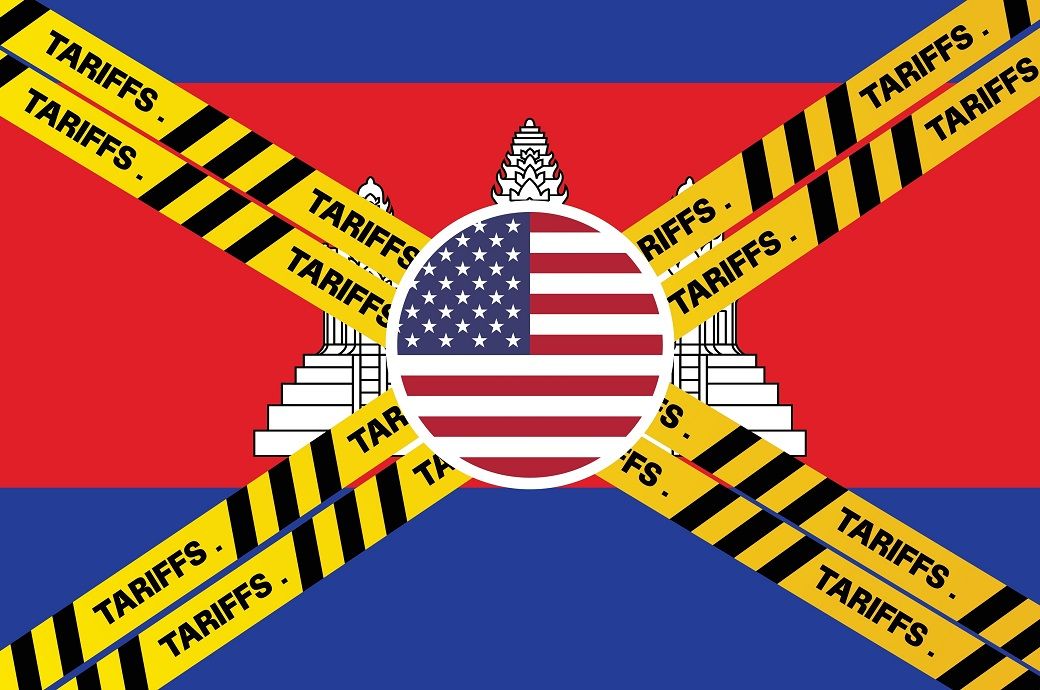
ADB examined the potential economic and social effects of the US’ tariffs on Cambodian imports from 2026 onwards, shedding light on both the strengths and vulnerabilities of Cambodia’s export-driven economy, in a brief tilted ‘Economic Impacts of the United States Tariff on Cambodia’, written with support from the Cambodia Development Resource Institute. It simulates how three plausible tariff levels—low (10 per cent), medium (19 per cent), and high (36 per cent)—would affect Cambodian growth, jobs, poverty, and government finances.
The analysis showed that the currently active 19 per cent tariff, secured in August 2025 following bilateral negotiations, would have a negligible impact in the country over the coming years. However, it warned that the situation remains precarious and sensitive.
“Government and industry experts have been monitoring the situation closely for months. Their intuition was that the high tariff proposed earlier in the year would have been a heavy economic burden, but that the current 19 per cent tariff rate is not. Economic modelling confirms that the current tariff is indeed manageable, while demonstrating that a higher tariff would have dire consequences for Cambodian families through unemployment and poverty,” said Milan Thomas, ADB country economist for Cambodia and lead author of the brief.
The brief draws on economic modelling by Victoria University’s Center of Policy Studies and the latest household survey data from Cambodia’s National Institute of Statistics. It recommends that in the event of tariff escalation, temporary relief measures, including social transfers, employment services, and training programmes, may need to be strengthened to ease labour market transitions and protect vulnerable populations. In the longer term, ongoing investments in economic competitiveness through infrastructure, human capital, and business reforms will build Cambodia’s resilience to future shocks.
ALCHEMPro News Desk (SG)
Receive daily prices and market insights straight to your inbox. Subscribe to AlchemPro Weekly!